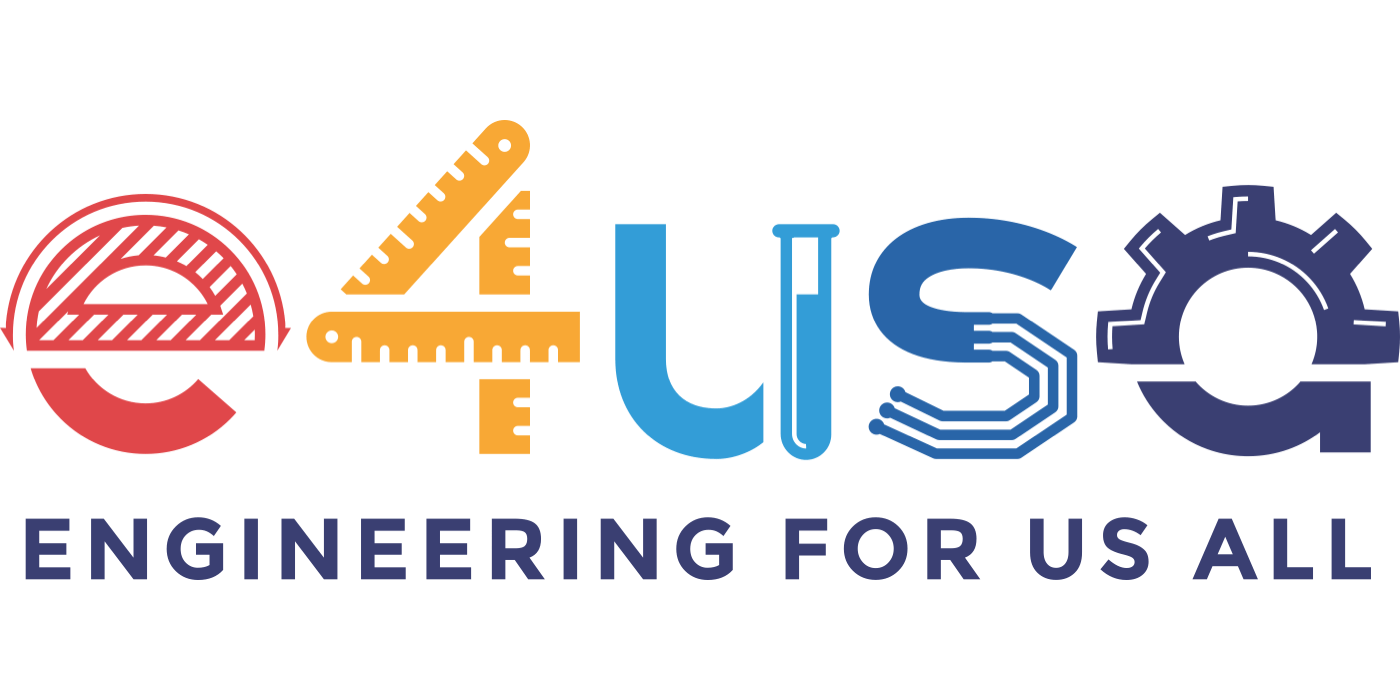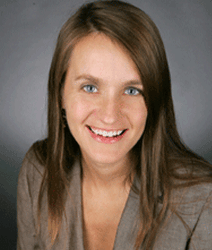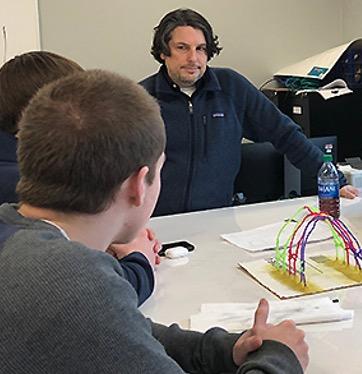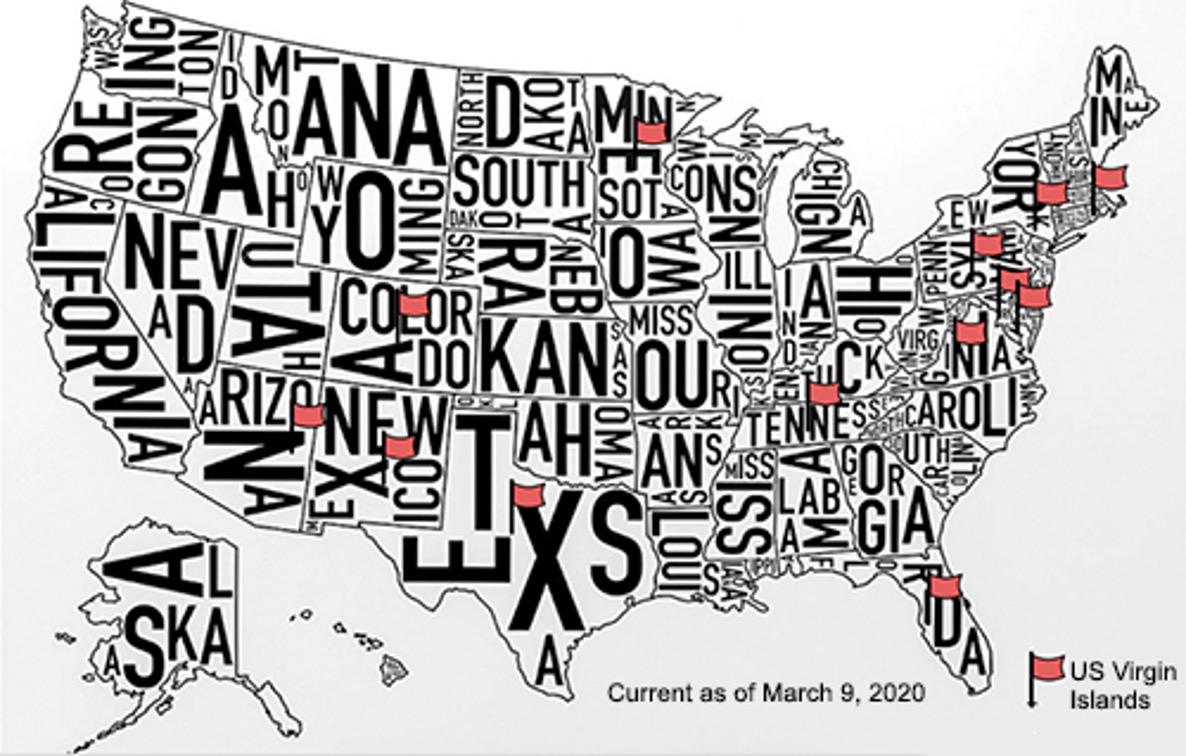
Engineering for US All, a national initiative to bring engineering courses to high school students, is expanding its reach for the 2020-2021 academic year. e4usa, supported by a National Science Foundation grant, will quintuple its impact with 27 new high schools and 14 new university partners to join for the upcoming school year.
Vanderbilt University was among five universities to initiate the program last fall when e4usa launched in high schools across the country. Vanderbilt, Arizona State University, University of Maryland, Morgan State University and Virginia Tech partnered with high schools in their states to enroll students in e4usa’s free, design-based introductory engineering course.
The School of Engineering partnered with Brentwood (Tenn.) High School to support e4usa’s novel engineering curriculum that encourages students to see themselves as engineers and helps them recognize the role of engineering in their everyday lives.
Although the program’s pilot year is still in progress, e4usa students are already positively impacting their communities.

Brentwood students worked on five projects—four with the Nashville Zoo and one with local Warner Parks. All five projects have complete designs that have been reviewed by engineers and the clients and about half have the necessary materials, but the COVID-19 pandemic has caused a delay in the build.
“I’ve learned the problem solving process, which is applicable to any field,” says one e4usa student at Brentwood High School. “I’ve also learned about working in teams.”
“In the case of the zoo, students designed enrichment toys for four different species—Sumatran Tiger, Andean Bear, Red Panda and Clouded Leopard. At the Warner Parks’ children’s area, students designed a living tunnel. In all cases, the students, in time, will build the real thing and then test it,” said Stacy Klein-Gardner, e4usa co-principal investigator and adjunct professor of biomedical engineering. “We anticipate the Andean Bear project to be tested with the animals and their zookeepers next week.”
Klein-Gardner visited the high school class weekly and brought engineers with varying backgrounds. Biomedical engineering graduate student Carli DeJulius and mechanical engineering graduate student Elan Ahronovich attended on a regular basis. Michael Livingston,BE’95, a civil engineer and principal at PWP Structural Engineers in Nashville, and Thomas Withrow, assistant dean for design and professor of the practice of mechanical engineering, also offered their guidance to the class.

“I am glad I got the opportunity to have a number of deeper engineering discussions with the teams,” said Tom Withrow. “This is an excellent introduction to an engineering education. e4usa has helped provide a stronger engineering and STEM foundation to our local high school students.
“The engineering skills learned will be impactful for all those who are in the program and I am very excited to see the program continue to build in the years ahead,” Withrow said.
“Next year, e4usa will move into four new Tennessee schools and will partner with other Tennessee universities to do so. Metro Nashville Public School’s Stratford and Glencliff high schools will be partnering with us and Tennessee State University’s Dean of the College of Engineering Dr. Keith Hargrove. Rutherford County Schools’ Riverdale High will partner with us and MTSU. Girls Preparatory School in Chattanooga will partner with us and the University of Tennessee at Chattanooga,” said Klein-Gardner, who is chair of the American Society for Engineering Education’s Board of Directors Committee on P12 Engineering Education.

The e4usa program also fills a current gap in engineering education training by recruiting high school teachers of all disciplines. No prior engineering experience is required to become an e4usa teacher. In addition to intensive online and in-person professional learning opportunities for participating teachers, e4usa uses a partnership model that pairs high school teachers with engineering professors at local universities to provide support for the instruction of the course.
Mike Kiser, e4usa teacher at Brentwood High School, said, “e4usa has provided me with a curriculum to teach engineering to any high school student that enters my classroom, a support system of professionals to meet a myriad of my needs, and challenged me to be a better educator to all students.”
The curriculum is available to schools free of charge. Participating pilot teachers receive a stipend as well as funds to purchase classroom materials.
This year, e4usa has reached more than 400 students, including several seniors who plan to study engineering and have been accepted to colleges like Drexel, NYU, Purdue, Penn State, University of Tennessee, Auburn, Temple and Lehigh. For the 2020-2021 school year, it is anticipated that e4usa will reach over 2,000 students across 14 states and territories.
Engineering for US All (e4usa) is supported by the National Science Foundation under NSF Award Number 1849430.
Contact: Brenda Ellis, 615 343-6314
brenda.ellis@vanderbilt.edu